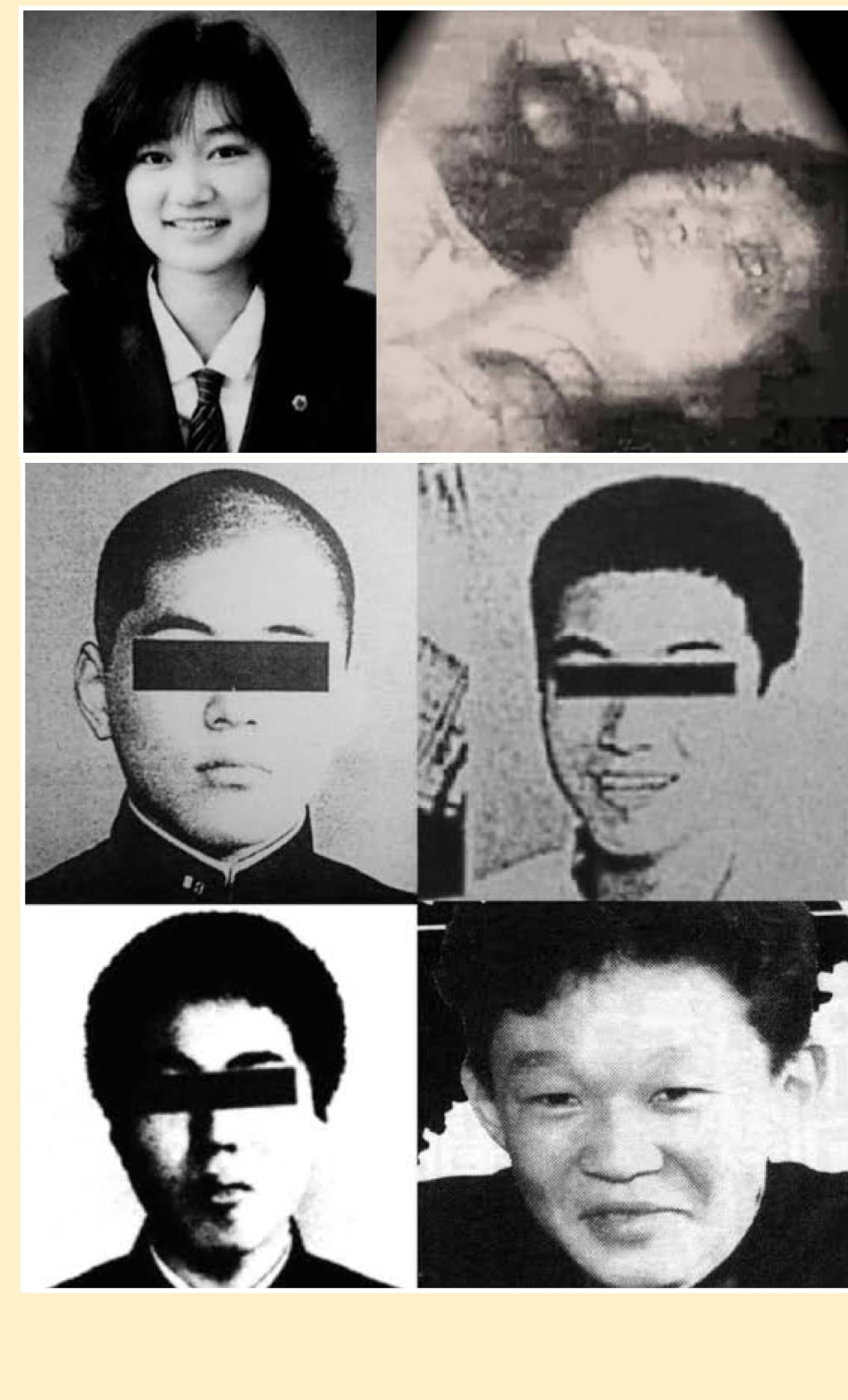(Warning: The following article contains graphic details that may disturb some readers.)
The Tragic Case of Junko Furuta: A Dark Chapter in Japanese History
Junko Furuta, a 17-year-old high school student from Japan, became the victim of one of the most horrifying crimes in modern history. Her story, which unfolded over 44 days in late 1988 and early 1989, remains a chilling reminder of the depths of human cruelty. Despite the passage of time, her case continues to resonate with people around the world, sparking discussions about justice, morality, and the treatment of juveniles in the legal system.
A Brief Overview of the Crime
On November 25, 1988, Junko Furuta was kidnapped by four male teenagers as she left her badminton practice at school. The perpetrators, all under the age of 18, took her to an abandoned house where they subjected her to unimaginable torture and abuse for 44 days. During this time, she was repeatedly raped, beaten, and deprived of food. In addition to physical torment, she was forced to consume live cockroaches and human excrement, both her own and that of others. The young girl endured unspeakable suffering before eventually succumbing to her injuries on January 4, 1989.
The Perpetrators
The four individuals responsible for this heinous crime were:
- Hiroshi Miyano (later known as Hiroshi Yokoyama)
- Nobuharu Minato (later known as Shinji Minato)
- Yasushi Watanabe (later known as Yasushi Kamisaku)
- Jō Ogura (later known as Jō Kamisaku)
All four were minors at the time of the crime, which significantly influenced their sentencing. Under Japanese law, juvenile offenders are treated differently than adults, often resulting in lighter punishments. This aspect of the case has been a point of contention among those who believe the perpetrators did not receive adequate punishment for their actions.
The Aftermath and Legal Proceedings
Despite confessing to their crimes and providing detailed accounts of the atrocities committed, the perpetrators were sentenced leniently due to their ages. The court classified them as juvenile delinquents, allowing them to avoid adult criminal charges. As a result, they served relatively short sentences and were eventually released. Today, their whereabouts remain unknown, but reports suggest they have reintegrated into society under assumed names.
This outcome has sparked widespread debate about the fairness and effectiveness of Japan's juvenile justice system. Many argue that the severity of the crime warranted harsher penalties, while others contend that rehabilitation should take precedence when dealing with young offenders. Regardless of one's stance, it is undeniable that the case of Junko Furuta raises important questions about how societies address violent crimes committed by minors.
A Legacy of Pain and Reflection
Junko Furuta's tragic story serves as a stark reminder of the darkest aspects of human nature. It challenges us to confront uncomfortable truths about violence, justice, and the capacity for forgiveness. For many, her case symbolizes the need for systemic change in how we approach juvenile crime and the protection of vulnerable individuals.
While the memory of Junko Furuta lives on through various forms of media, including music and literature, her legacy extends far beyond artistic expression. It compels us to reflect on our collective responsibility to prevent such horrors from occurring again. In remembering her, we honor not only her life but also the broader struggle for justice and compassion in an often-cruel world.
In conclusion, the story of Junko Furuta is both heartbreaking and thought-provoking. It demands that we examine our values, challenge existing systems, and strive toward creating a safer, more equitable society. Though the scars of her tragedy run deep, her memory inspires hope for a future where such atrocities are relegated to the past.
Let us never forget the pain endured by Junko Furuta. May her story continue to inspire action and change.
The world must remember her name and the lessons her case teaches us.

